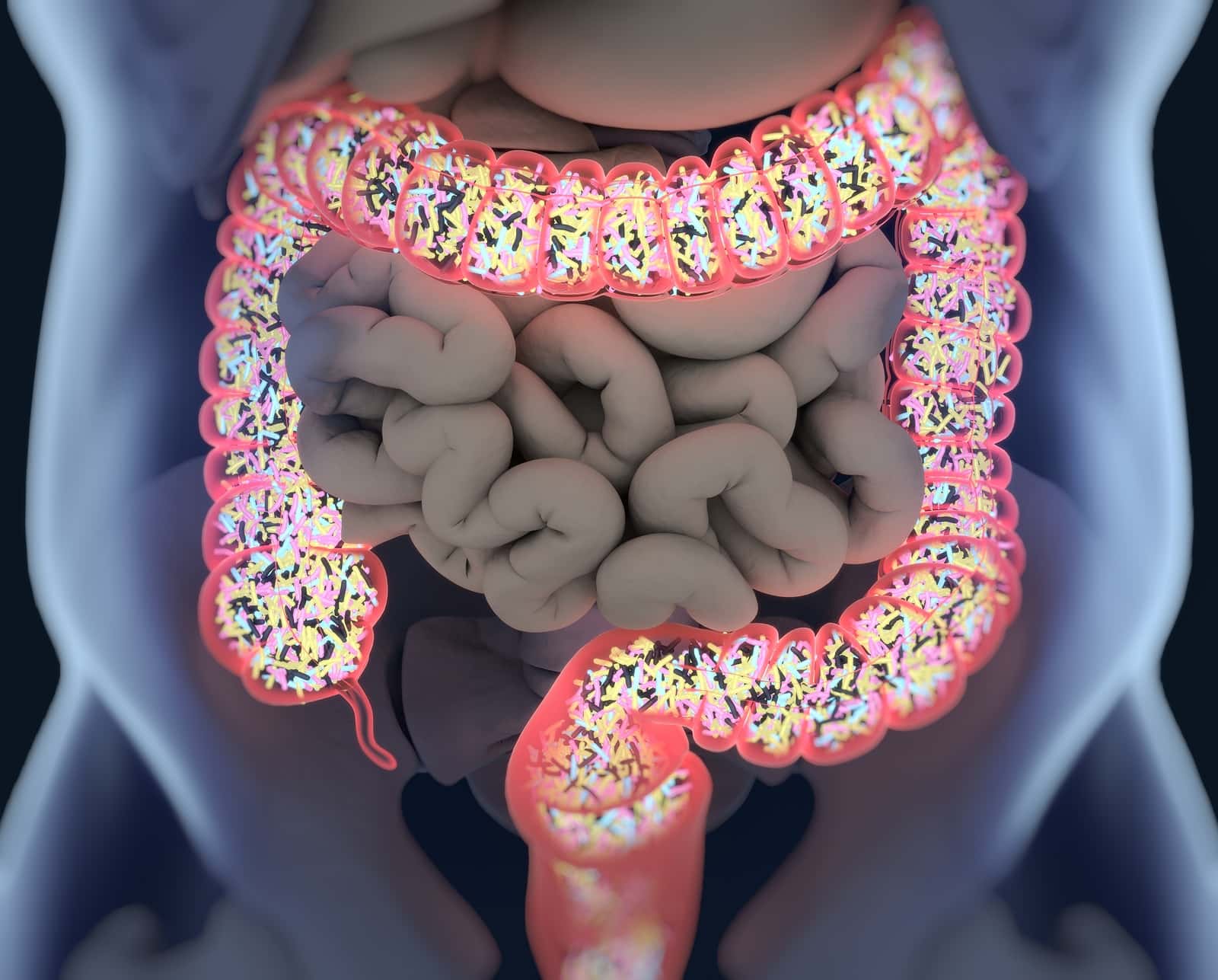
Since the turn of the 21st century, scientists have learned a great deal about our microbiota, the collections of microbes each of us hosts in and on us. They have been discovering fascinating links between intestinal microbes and the brain or the immune system. The pattern of intestinal microbes, the variety of species, differs between people of normal weight and those who are obese. (Here is a summary of some of that research in Nutrition Today.) But doctors don’t know if you can change your microbiota by changing your diet or losing weight.
How Would You Try to Change Your Microbiota?
A year-long study of dieters suggest that the microbiota is resilient (American Journal of Clinical Nutrition, June 2020). The investigators studied microbial diversity among 49 participants in a randomized controlled trial testing healthy low-carb vs healthy low-fat diets. These were some of the volunteers in the DIETFITS study (JAMA, Feb. 20 2018). Diet Intervention Examining The Factors Interacting with Treatment Success. Investigators wanted to know whether genotype or insulin resistance would predict weight loss. (Spoiler: Neither did.) They also wanted to explore the role of the microbiota.
People in both groups were advised to maximize whole grains and vegetables and minimize added sugars and refined grains. Investigators collected and analyzed stool samples from the participants. That way, they captured a picture of the microbiota from each volunteer five times during the year. The baseline microbiota did not predict the amount of weight each participant lost.
How Much Did the Microbiota Change?
Within the first three months of the study, there were noticeable changes in the types of microbes found. People following a low-carb diet had more Proteobacteria, Bacteroidetes and Firmicutes species. Those on the low-fat diet had fewer Firmicutes and Actinobacteria species. These significant changes did not last, however. By the end of the year, most volunteers’ microbiota had become once again very similar to its initial condition.
That was a surprise, because the participants continued to follow their assigned diets and lose weight for the rest of the study. According to the investigators, such microbiota resilience may help explain why people sometimes regain lost weight even on strict diets.
The researchers conclude:
“When considering the established contribution of obesity-associated microbiotas to weight gain in animal models, microbiota resilience may need to be overcome for long-term alterations to human physiology.”
Citations
- Davis CD, "The gut microbiome and its role in obesity." Nutrition Today, Jul-Aug. 2016. doi: 10.1097/NT.0000000000000167
- Fragiadakis GK et al, "Long-term dietary intervention reveals resilience of the gut microbiota despite changes in diet and weight." American Journal of Clinical Nutrition, June 2020. https://doi.org/10.1093/ajcn/nqaa046
- Gardner CD et al, "Effect of low-fat vs low-carbohydrate diet on 12-month weight loss in overweight adults and the association with genotype pattern or insulin secretion: The DIETFITS randomized clinical trial." JAMA, Feb. 20 2018. DOI: 10.1001/jama.2018.0245

